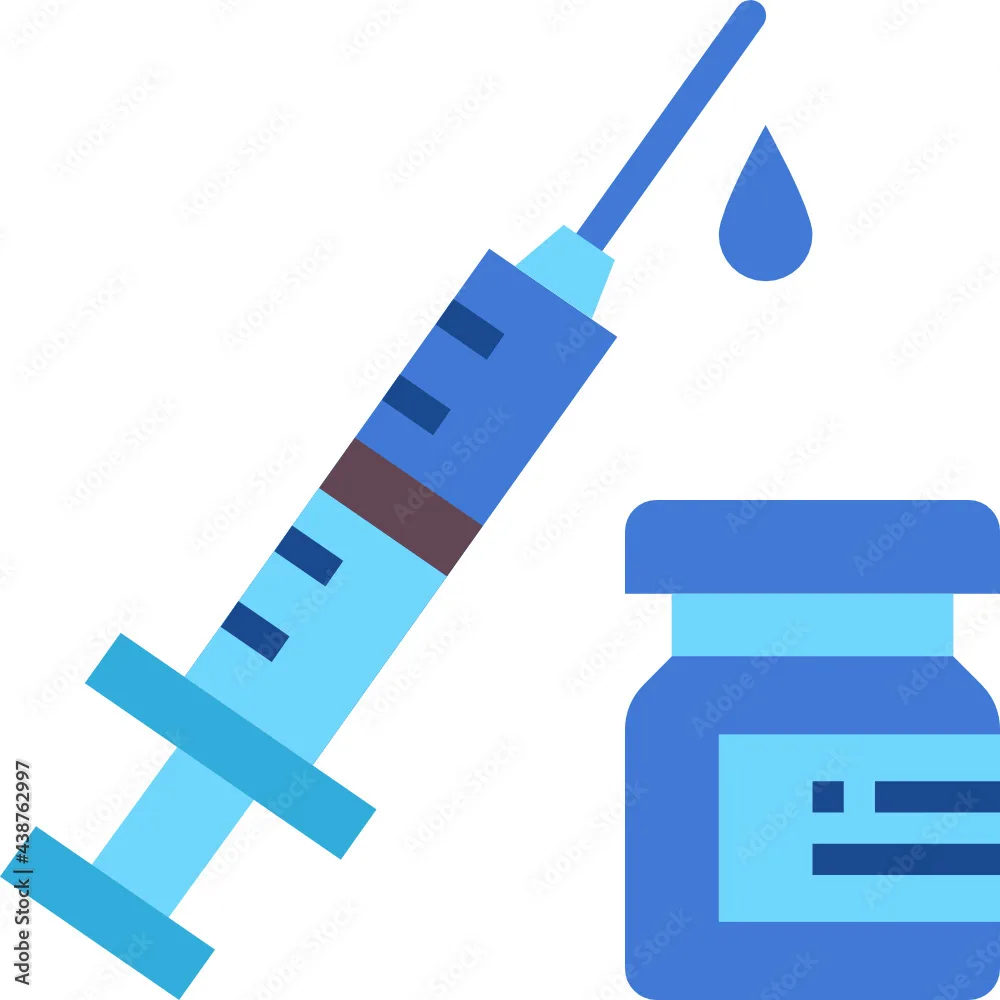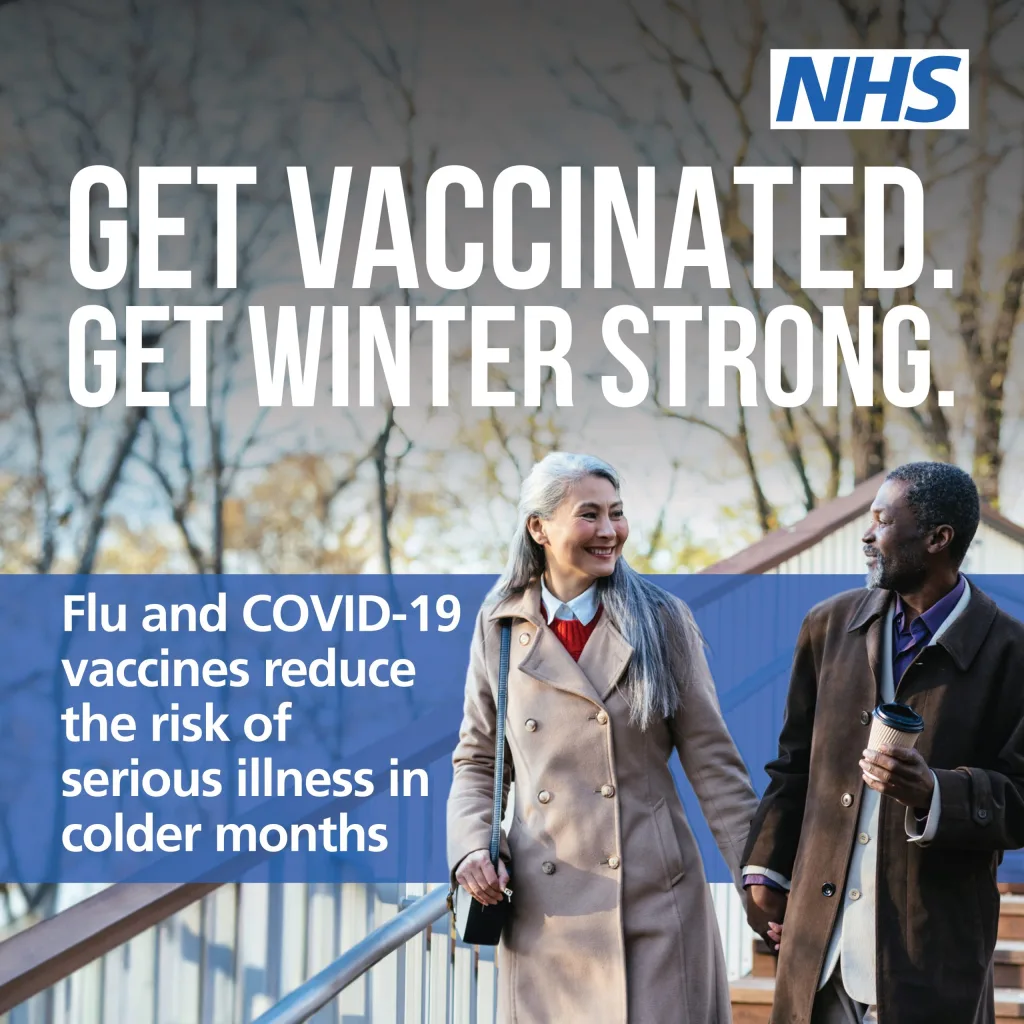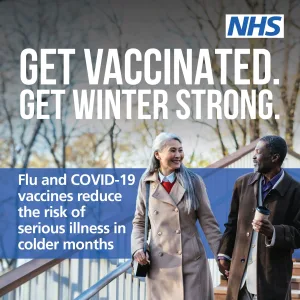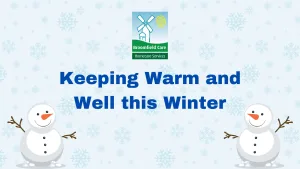Getting vaccinated is important to maintain your health over winter, and to protect yourself against a variety of diseases.
What are Vaccines and How Do They Work?

Vaccines contain either a greatly weakened form of the bacterium or virus that causes a disease, or a small part of it. When the body detects the contents of the vaccine, its immune system will be primed to make the antibodies (substances that fight off infection and disease) needed to fight off the infection.
Then, if you come into contact with the infection, the immune system will recognise it and be ready to protect you by producing the right antibodies.
Because vaccines have been used so successfully in the UK, diseases such as diphtheria have almost disappeared from this country.
Winter Vaccines: What Vaccines are available?

The flu vaccine is available throughout the winter and is recommended for people at a higher risk of getting seriously ill from flu.
If you are a high-risk individual, you will be eligible for a free flu vaccine at your GP surgery, or your local pharmacy. In addition, you may also be eligible for the COVID-19 or shingles vaccine.
COVID-19: The UK COVID-19 vaccine programme is running from 1st October 2025 – 31st January 2026, and you are still eligible for the COVID-19 booster, even if you have not had a COVID-19 vaccine before.
Those eligible for the COVID-19 vaccine includes, care home residents, all adults aged 75 and over, and individuals who are immunosuppressed.
Shingles: Shingles vaccines are available for those over 18 and have a severely weakened immune system and/or those aged 65 to 79.
Pneumococcal: The pneumococcal vaccine helps protect against serious illnesses like pneumonia and meningitis. The vaccine is recommended for babies; those aged 65 and over, and those at a higher risk of getting seriously ill from pneumococcal infections.
Winter Vaccines: Who is eligible for the flu vaccine?
Those in the UK who are eligible for a flu vaccine include:
- Those aged 65 years and over
- Those aged 18+ that are at risk of serious complications from the flu, such as those who are immunocompromised, have chronic respiratory issues, heart disease, etc.
- Carers in receipt of carer’s allowance, or those who are the main carer of an elderly or disabled person
- Those in long-stay residential care homes
- Close contacts of immunocompromised individuals
- Frontline workers in a social care setting including those working for a registered care home or, registered domiciliary care providers
- Pregnant women
Note: Individuals should avoid a flu vaccine if they have had a serious allergic reaction to a flu vaccine, or any of its ingredients, in the past. For example, some vaccines are made with egg, so if you have any allergy, you must ask your GP/pharmacist about having a different vaccine.
Where Can You Get a Flu Jab this Winter?
Flu jabs are available at the majority of pharmacies across the country- you can search for your local pharmacy on the NHS website. In addition, you may be able to book an appointment for a jab at your local GP.
Are there Any Side Effects from the Flu Jab?
The most common side effects of the flu vaccine are mild and get better within 1 to 2 days.
They can include:
- pain or soreness where the injection was given
- a slightly raised temperature
- an aching body
More serious side effects, such as a severe allergic reaction (anaphylaxis) are very rare. The person who vaccinates you will be trained to deal with allergic reactions and treat them immediately.




